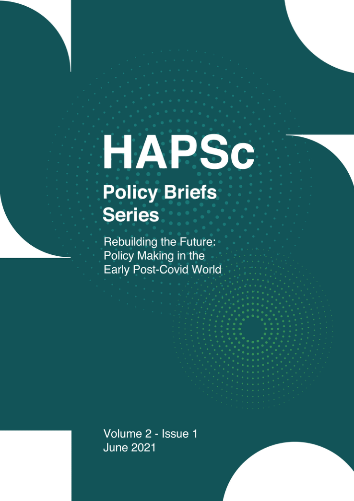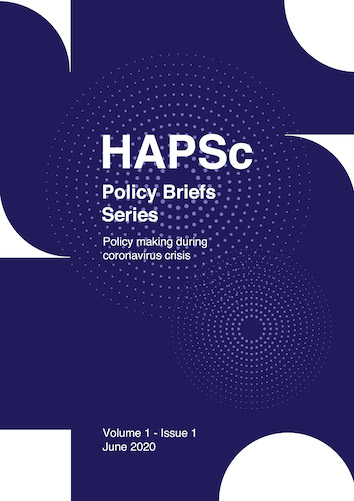Blind Spots of Brazilian Law: Encouraging Insurrection, Parliamentary Immunity and the Defense of Institutional Safeguards
Abstract
In almost the whole world, distrust of political institutions delegitimizes their representation, leaving us without a shelter that protects us in the name of common interest (Gouvêa & Castelo Branco, 2020). The rupture in the relationship between the rulers and the ruled makes this conflict even more profound, with devastating consequences that arise from the inability to deal with the multiple crises that are being decanted and mapped in the internal political system. Democratic recession contributes to the boiling of politicians who do not take constitutional ideals seriously, who do not see constitutions as a source of constraints to their powers, and instead use the constitution and legal rules to self-perpetuate, to legitimize arbitrary government and to ensure who will be re-elected as many times as possible. Populisms and populist movements represent the instrumental degradation of the power structures of democratic systems. In a recent published survey, we found that populisms (Gouvêa & Castelo Branco, 2020) have a conceptual-instrumental nature and can be defined as democratic illiberalism with variable properties. They represent a certain type of ideology, discourse, strategy, mobilization and political action in the specific cultural and political context. They decant themselves through formal and/or informal movements directly or indirectly in the democratic system by a charismatic leader who represents and leads an anti-establishment force resting their beliefs in moral and ethical institutions in order to consolidate and legitimize a populist political regime under the mantle of popular sovereignty and democracy. To subvert democracy, you have to become democratic.
Article Details
- Come citare
-
Castelo Branco, P. H. V. B., & Gouvêa, C. B. (2021). Blind Spots of Brazilian Law: Encouraging Insurrection, Parliamentary Immunity and the Defense of Institutional Safeguards. HAPSc Policy Briefs Series, 2(1), 31–36. https://doi.org/10.12681/hapscpbs.27653
- Sezione
- Articles

TQuesto lavoro è fornito con la licenza Creative Commons Attribuzione 4.0 Internazionale.
Authors retain copyright and grant the journal right of first publication with the work simultaneously licensed under a Creative Commons Attribution License that allows others to share the work with an acknowledgement of the work's authorship and initial publication in this journal.



